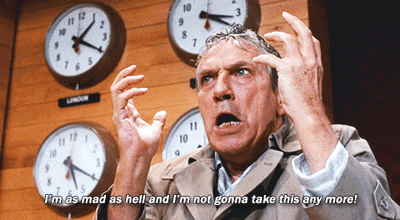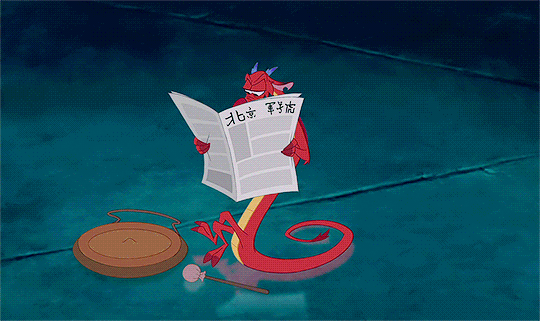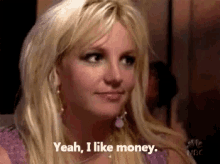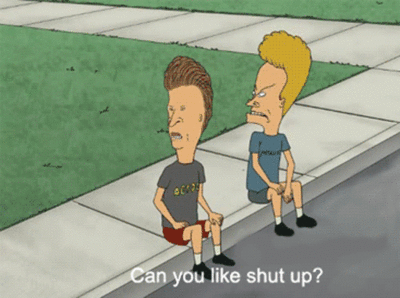#shoutout to Beevis and Buthead
Explore tagged Tumblr posts
Text
Critical Theory Rant (7)

October 9, 2019 🎃
So who’s in control of our media? More specifically who’s in control of the news we consume? Are we cognizant of the ideas and narratives it pushes? The stays quo it protects and defends tooth and nail?
If you had any of these question in mind “Critical Theories” might be what you want to look at. Surely we as individuals and news consumers aren’t at a Howard Beale (Network 1976) level of discontent and anger, and no we aren’t screaming from our rooftops and fire escapes. But there’s clearly an issue here.
Mass media is the primary way most of us grow and make sense of the world around us and it’s important to understand where and who media is coming from.

Elite’s control over the public forum and mass media has lead to a hegemonic culture where our thoughts and perceptions about things like social movements and challenges to the established status quo skew negative overtime.
Think of the last time you saw a social group or movement reported on by news media, how were they talked about and portrayed? More of then than not they were reported on as if fringe, outside of the “moral” and “American” values. Just looking at how successful elites and those in control of media narratives were in shaping how we view certain huge social movements from just 30, 40 years ago. How to see and remember those who protest the Vietnam War in the 60’s? Hippies, un-American, irresponsible young citizens. Participants of femenist and women’s right movements? Bra-burning, make hating radicals.
I like to see critical theories (and there’s a lot of them) as macroscopic analyses, examining the ways media affect culture and the social, economic, and political power imbalances behind it through things like media ownership and construction.
Reading on theories like Marixst, Neo-Marxist, Critical Feminsit, Frankfurt School of thought and British Scholars school of thought among others made me kind of see critical theory as a critique of the system of class.
A lot of these theories saw media as pluralistic public forum allowing for the people to decide what media was most necessary and important where everyone had a voice and could participate and not just a two sided spectrum where elites hold full control (sorry Karl). But they did see elites has holding some form of control (maybe not sorry Karl?)

One critical theory that I found very interesting was is the Politcial Economics theory which focuses primarily on a macroscopic level examining elite control of economic institutions like banks and stocks and how that effects their tight grip over other social institutions like media and communication. Here’s a quote from a Politcial economics theorist himself that I like a lot.
“Corporate influence pervades nearly every aspect of society. From simple things like our diet and the clothes we wear, to matters of large scale like the way we communicate with each other” -Herb Schiller (2000)
If the media is affecting the culture, then who’s in charge of the purse? How are we affected by our media landscape if it’s being constrained by elites who hold economic advantages over production and distribution?
Politcial Ecominic theorists remain critical of things like media privatization, large media conglomerates control over media institutions (looking at you Comcast and Disney), and the decline of public media services.
I really connect with this theory because to me the biggest issue with mass media and culture is how certain ideas and a specific status quo hold more economic power than others and therefore dominate the media landscape.
While we may like to think have something like an open media forum or a “marketplace of ideas” is equal to choices and media integrity, that same marketplace can also be a constraint on media, reinforcing a hegemonic culture and values.
Like I said previously, many of these critical theories saw media as pluralistic public forum with elites having a heavier hand in the cookie jar. But also important to note, a lot of them believed that through ideological change, reinterpretations and full out rejection of certain media was possible (so maybe screaming your mad as hell from your stoop does work?) I think critical theory is very important because it asks a lot of serious and important questions about our media, our culture, and established power structures especially dealing with economics and class.
I hope by reading this rumination you were able to understand to some degree critical theories as they relate to the larger Critcial Cultural trend. But that’s enough media theory ranting for one day.

#media theory#critical theory#shouout to Karl Marx#shoutout to Britney Spears#shoutout to Beevis and Buthead#politics#economics
0 notes